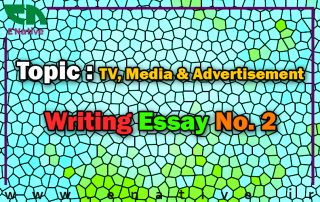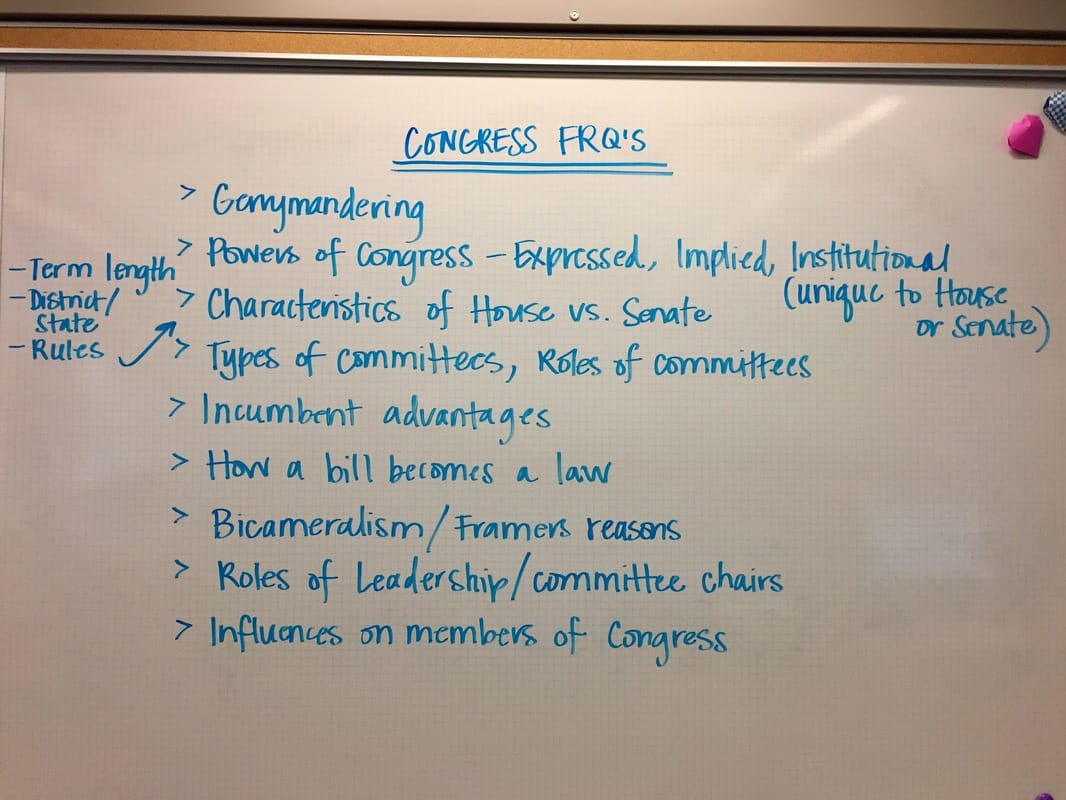Eating disorders, behaviours and diagnoses: epidemiology.
Eating Disorders Research Paper Eating disorders are sweeping this country and are rampant on junior high, high school, and college campuses. These disorders are often referred to as the Deadly Diet, but are often known by their more popular names: anorexia or bulimia. They affect more than 20% of females between the age of thirteen and forty.
Bulimia nervosa (BN), binge eating disorder (BED) and eating disorder not otherwise specified (EDNOS) account for 17.7%, 10.7% and 18.8% of the sample, respectively. Mean age of onset was 17 years.

Walter Kaye and the UCSD Eating Disorders Research team have published over 250 papers on the neurobiology of eating disorders. These publications include behavioral, treatment, and cognitive neuroscience studies that have improved understanding of the clinical presentation, genetics, neurotransmitter systems, and neural substrates involved in appetite dysregulation and disordered eating.

There are three types of eating disorders, binge eating disorder, anorexia nervosa, and bulimia nervosa. The two most common forms are anorexia nervosa and bulimia nervosa. According to the National Eating Disorder Association, “25% of girls 12-18 years old were reported to be engaged in problematic food and weight behavior” And in men and boys, according to the website nimh.

Research Studies on Eating Disorders: Chicago, IL Adolescent Bulimia Nervosa Study The University of Chicago seeks adolescents with bulimia nervosa and their families for participation in a 6-month outpatient treatment research study. (Principal Investigator: Daniel le Grange, PhD) The purpose of this research study is to identify effective.

The relationship between eating disorders and attachment: An integrative review of recent research and concepts. Purpose. There has been a diverse range of research and theoretical speculation on the association between insecure attachment and eating disorders. The current paper attempts.

People with eating disorders may appear healthy, yet be extremely ill. The exact cause of eating disorders is not fully understood, but research suggests a combination of genetic, biological, behavioral, psychological, and social factors can raise a person’s risk. What are the common types of eating disorders? Common eating disorders include.

According to Ekern (2017) Eating disorder is an illness that is characterized by irregular eating habits and serve distress or concern about body, weight or shape (Ekern,2017).When dealing with an eating disorder, it can involve lacking or having very small food intake which can eventually harm a person’s health.

Sternheim et al. Journal of Eating Disorders (2017) 5:26 Page 2 of 9 (i.e. attachm ent anxiety and at tachment avoid ance) may lead to negative af fect and in turn to bo dy dissatisfact ion.

Conclusion The research presented in this rapid evidence assessment indicates that there is a complicated relationship between factors such as weight, the media, relationships with others, individual factors and body image. Future research needs to identify the mechanisms under which these.

Academia.edu is a platform for academics to share research papers.

Matthew Carmen, Debra Lynn Safer, Laura R. Saslow, Tro Kalayjian, Ashley E. Mason, Eric C. Westman and Shebani Sethi Dalai. Journal of Eating Disorders 2020 8 :2. Published on: 29 January 2020. Food related attention bias modification training for anorexia nervosa and its potential underpinning mechanisms. Treatment outcomes in anorexia nervosa.

Eating Disorders Research Paper Uploaded by ihatesuchin on Jul 05, 2004. Eating disorders are sweeping this country and are rampant on junior high, high school, and college campuses. These disorders are often referred to as the Deadly Diet, but are often known by their more popular names: anorexia or bulimia.



